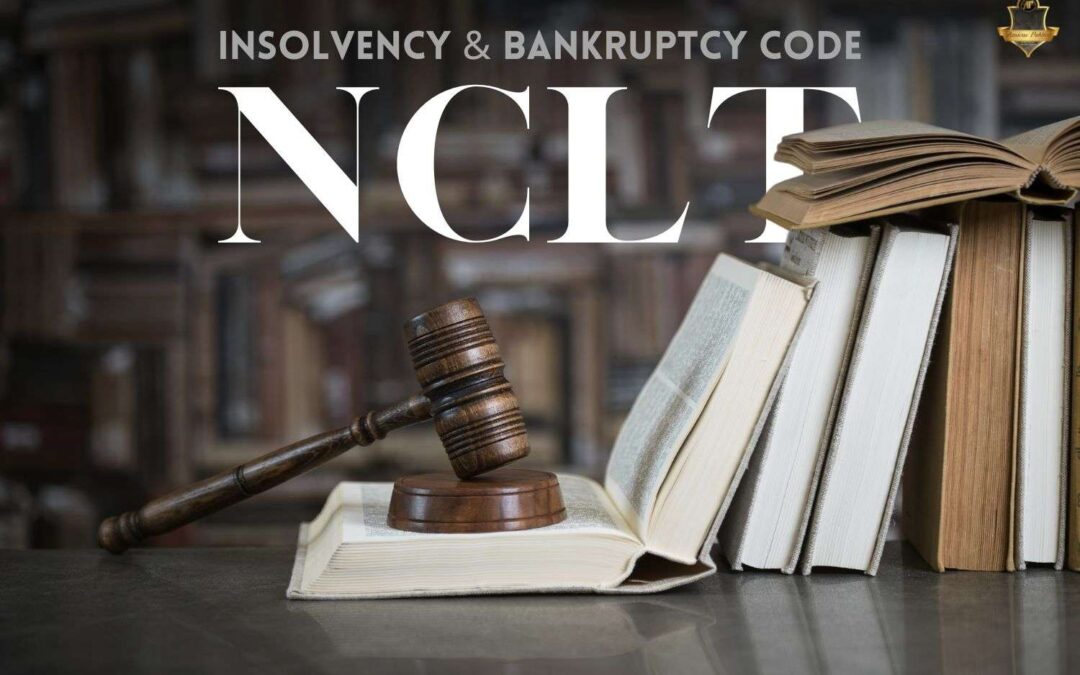Citation – AIR 2024 SC 1227
Court – Supreme Court
Decided on – 12th February, 2024
Bench – Dr. D.Y. Chandrachud, C.J.I., J.B. Pardiwala, and Manoj Misra, JJ.
INTRODUCTION
In a recent landmark decision, the Supreme Court addressed a significant issue under the Insolvency and Bankruptcy Code, 2016 (IBC). The Court established that the National Company Law Appellate Tribunal and National Company Law Tribunals possess inherent authority to recall its orders to ensure the pursuit of justice and prevent the abuse of the Court’s process. This ruling was made in the case of Greater Noida Industrial Development Authority vs. Prabhjit Singh Soni and Ors.,[1] where the Supreme Court examined matters related to a corporate insolvency resolution process. The Court ruled in favor of the appellant, citing the failure of the NCLT and NCLAT to address crucial issues such as the misclassification of claims and non-compliance with procedural requirements under the IBC. Consequently, the resolution plan was invalidated, and the case was referred back to the Committee of Creditors (COC) for reassessment.
Brief Facts
The appellant i.e. Greater Noida Industrial Development Authority had leased one of its acquired plots to the Corporate Debtor (CD) for a residential project, charging a premium for the land. However, the CD defaulted on its installment payments, prompting the issuance of a demand-cum-pre-cancellation notice. Following this, a Company Petition was filed to initiate the Corporate Insolvency Resolution Process (CIRP), which was duly admitted. In response to a public announcement inviting claims, the appellant submitted its claim for unpaid installments, positioning itself as a financial creditor. However, the Resolution Professional (RP) classified the appellant as an operational creditor, requesting via email that the claim be resubmitted in Form B.
The appellant did not file their fresh claim, and during this time, the Committee of Creditors (COC) approved a resolution plan, which was then presented to and accepted by the National Company Law Tribunal (NCLT). Upon learning of the plan’s approval, the appellant challenged both the resolution plan and its classification as an operational creditor. The NCLT rejected this challenge, citing the appellant’s inaction during the seven months between filing its claim and the resolution plan’s approval. Dissatisfied with the judgment, the appellant appealed to the National Company Law Appellate Tribunal (NCLAT), which upheld the NCLT’s decision, finding no irregularity and deeming the commercial judgment of the COC non-justiciable.
Aggrieved by the NCLAT’s decision, the appellant filed an appeal before the Hon’ble Apex Court which allowed the appeal and held as follows:
Verdict
The Supreme Court, in the present case, held that a Court or Tribunal possesses inherent authority to recall an order to ensure justice is served and to prevent misuse of judicial processes, even in the absence of explicit provisions. The Insolvency and Bankruptcy Code (IBC) and its regulations do not restrict the exercise of such powers. Section 60(5)(c) of the IBC, with its non-obstante clause, grants the NCLT the jurisdiction to handle questions of law or facts related to insolvency or liquidation proceedings. Rule 11 of the NCLT Rules, 2016 further reinforces the Tribunal’s inherent powers. However, this power should be used judiciously and only under specific circumstances, such as when an order lacks jurisdiction, notice was not served to the aggrieved party, or the order was obtained through misrepresentation or fraud.
Further, the court in this case, held that the appellant filed the recall application on grounds that it was not notified of the COC meetings, the proceedings leading to the resolution plan approval were ex parte, the RP falsely stated that no claim was submitted, and the Adjudicating Authority approved a flawed plan. These grounds were deemed valid for seeking a recall, and the application was permissible despite the appellant having the option to appeal before NCLAT.
The court stated that both the NCLT and NCLAT failed to consider that the appellant was not notified of the COC meeting, was ex parte in the proceedings, had submitted a claim, and was a secured creditor by law. Additionally, the resolution plan did not meet the conditions of Section 30(2) of the IBC, leading to the NCLT’s approval being set aside.
REFRENCES-
Ishit Todwal (Legal Intern)

